
The Government's recent issuance of Decree No. 183/2025, which specifically regulates the cultivation, planting and harvesting of medicinal plants in forests, is expected to remove long-standing obstacles, create motivation for green livelihood development and gradually realize the goal of turning Da Nang into a medicinal plant center of the Central region.
Not clearly defined
Mr. Nguyen Duc Luc, Chairman of the Quang Nam Ngoc Linh Ginseng Association, has repeatedly and frankly mentioned the obstacles in the legal framework that have invisibly become barriers to the development of Ngoc Linh ginseng.
According to Mr. Luc, for a long time, the law has not clearly defined the concept between naturally grown ginseng and ginseng grown by people, causing confusion and ambiguity in the harvesting, management and quality control processes.
People in ginseng growing areas are always in a state of insecurity every time they enter the harvest season, because if they cannot prove the legal origin of the plants, they can easily be accused of illegally exploiting forest resources.
“The lack of a clear mechanism for leasing forest environments for cultivation and the lack of a complete legal framework have made many investors wary, and models of cooperation between businesses and local communities have been difficult to develop.
“To bring Ngoc Linh ginseng to a new level, industrial and internationally integrated, a transparent legal foundation is needed. If that is not resolved, no one will dare to risk investing in such a sensitive field,” Mr. Luc once worried.
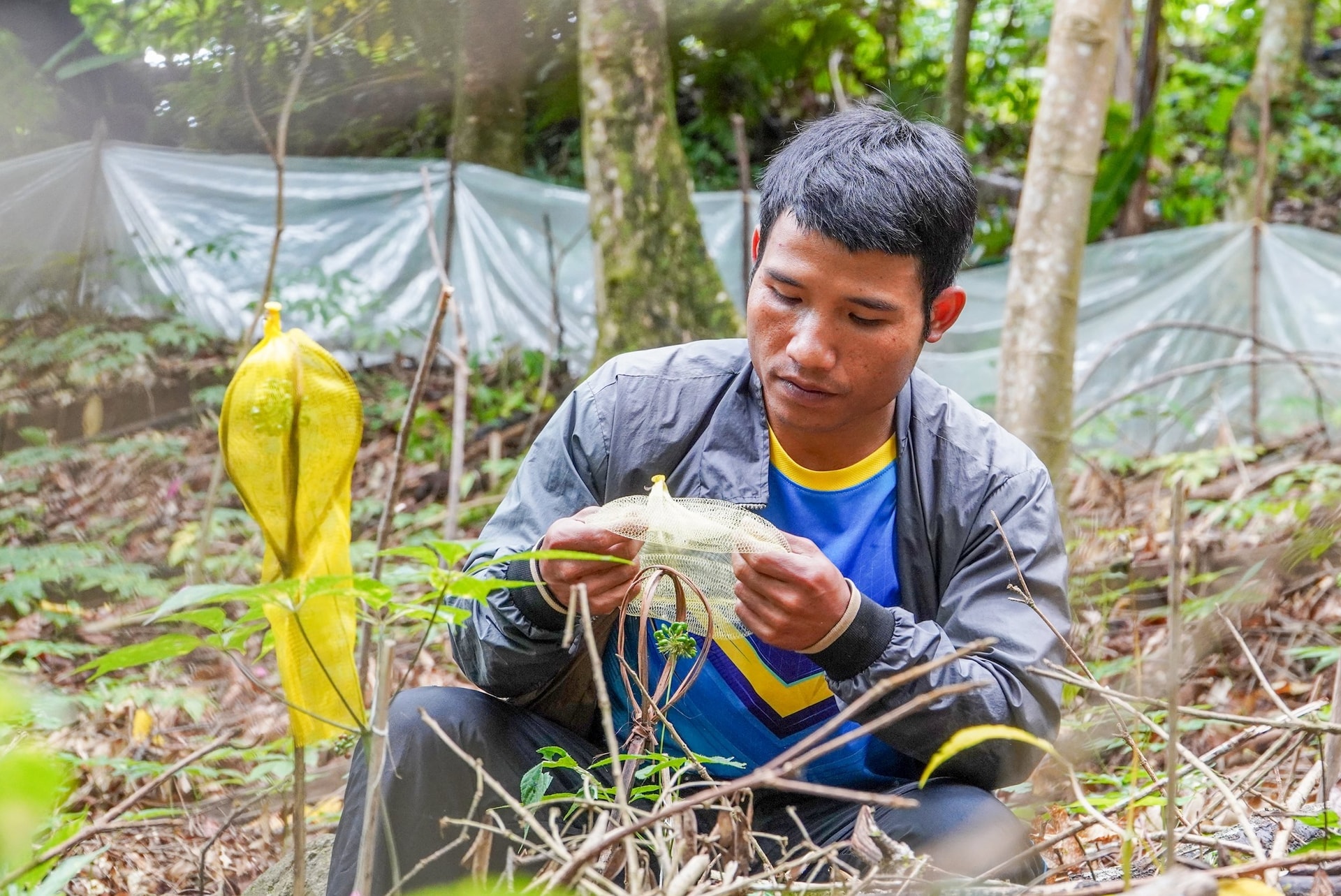
Many other households growing medicinal plants have also had “headaches” because of the barriers when cultivating under the forest canopy. Mr. Riah Cuong, Executive Director of the Truong Son Xanh Agricultural Cooperative (formerly A Tieng Commune, now Tay Giang Commune), said that for many years, people here have grown ginseng in natural forests but have had difficulty in demarcating the boundaries. No one is allowed to fence off natural forests, so everyone plants under the canopy. When harvesting ginseng, many groups argue because they do not know which root belongs to whom.
“Because the cultivation of medicinal herbs under the forest canopy was previously completely spontaneous, without a clear legal mechanism, people could not build solid fences like in production forest land, leading to conflicts when exploiting. This situation makes many households afraid to invest heavily, only daring to grow enough to serve their families,” Mr. Cuong shared.
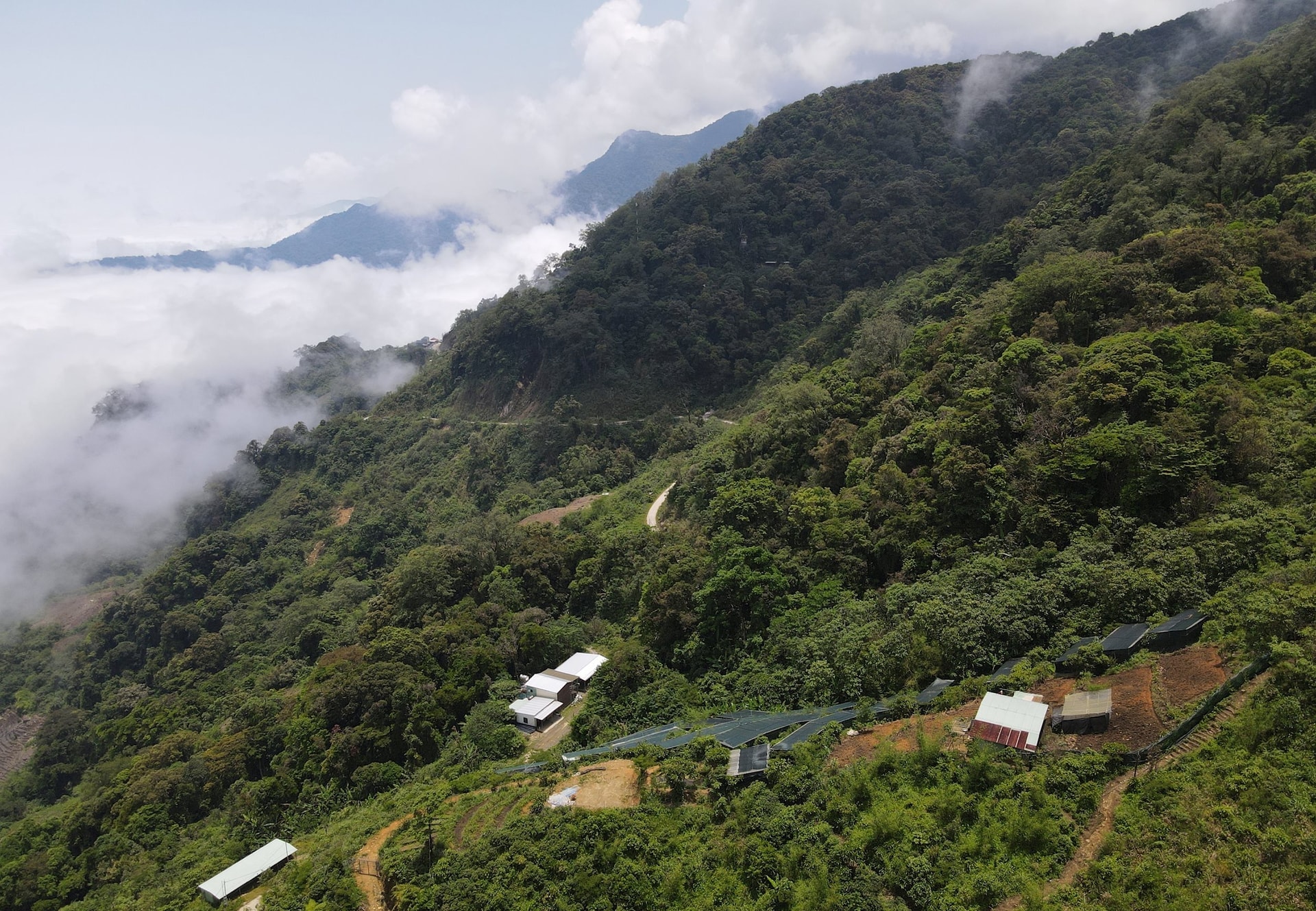
New legal corridor
On July 1, 2025, the Government issued Decree No. 183, supplementing the current Forestry Law, for the first time specifically regulating the planting and harvesting of medicinal plants in forests. This is considered a turning point in removing long-standing legal barriers, especially in mountainous areas where people have grown Ngoc Linh ginseng, Morinda officinalis, Codonopsis pilosula, etc. but there is no clear legal corridor.
The Decree defines the concept of “forest medicinal plants” as plants or fungi with health care effects, legally cultivated in forests, different from naturally growing medicinal plants.
Harvesting is defined as the act of exploiting planted trees - a clear distinction from the act of exploiting forest resources. The Decree also clearly states the principle throughout: The cultivation of medicinal herbs must not destroy ecological functions and must not harm forest resources.
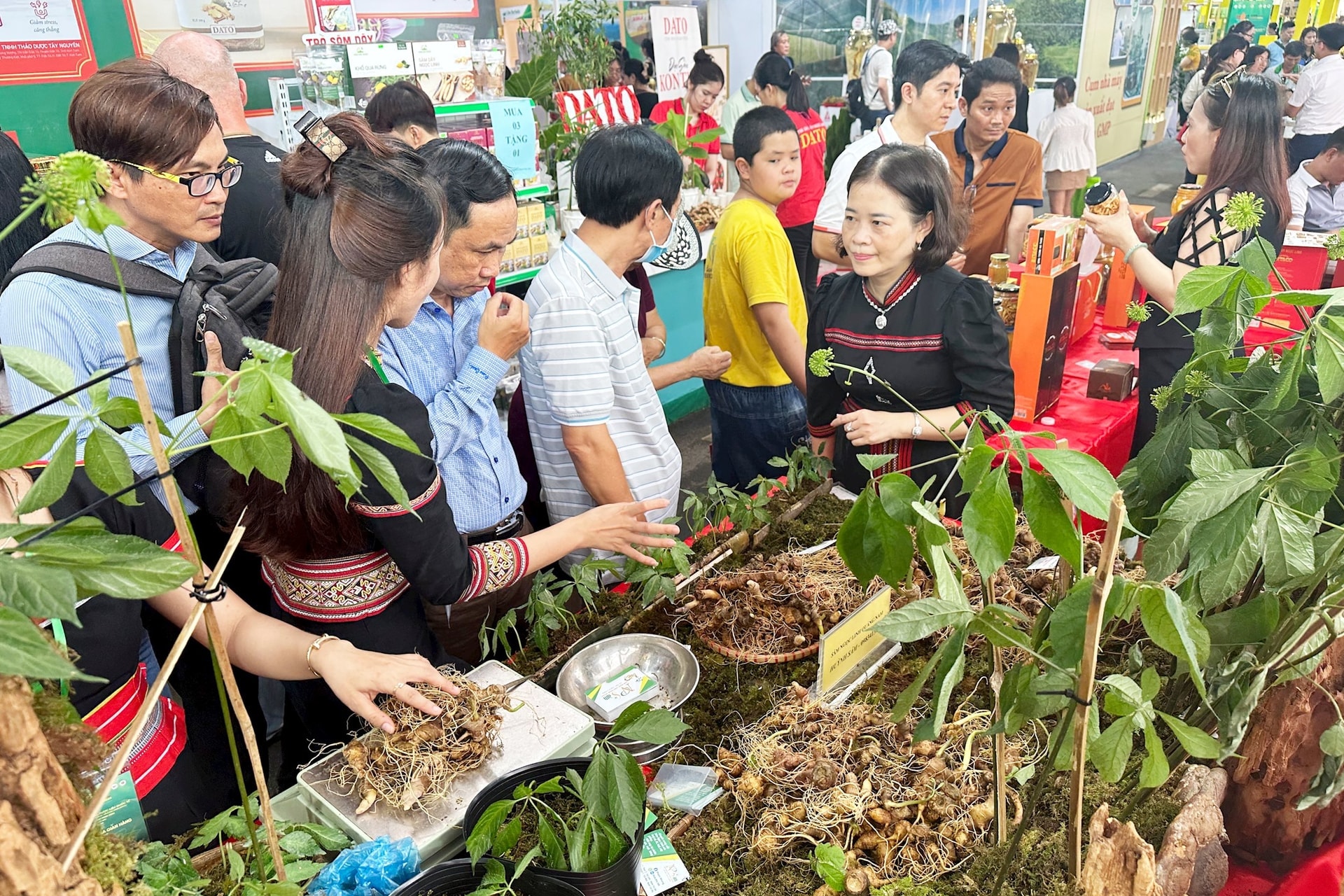
For the first time, the leasing of forest environments for medicinal plant cultivation has also been specifically legalized. Forest owners such as forest management boards and state-owned enterprises are allowed to lease forests to organizations and individuals in a public and transparent manner, with a minimum rental rate of 5% of revenue from the leased area. The maximum lease term is 10 years, renewable. This revenue is a legal source of finance for reinvestment in forest protection and support for local communities.
At the same time, Decree No. 183 tightens management to protect forests: strictly prohibits processing medicinal herbs in forests, prohibits massive harvesting of natural resources. Transportation, drying, preservation, etc. must be done outside. For rare species, it is necessary to comply with industry regulations and international conventions on conservation.
With the new mechanism, people, households and cooperatives in the mountainous areas of Da Nang now have a clear legal basis to develop medicinal herbs under the forest canopy sustainably. The authority to approve the plan is decentralized to the People's Committee at the commune level, facilitating implementation, contributing to the formation of green livelihoods, opening up a new direction for the medicinal herbs industry in the bio-economic development strategy.
The driving force of the medicinal center
Mr. Tran Ut, Deputy Director of the Department of Agriculture and Environment of Da Nang City, affirmed that Decree No. 183 has removed long-standing bottlenecks in forest management combined with medicinal plant cultivation.
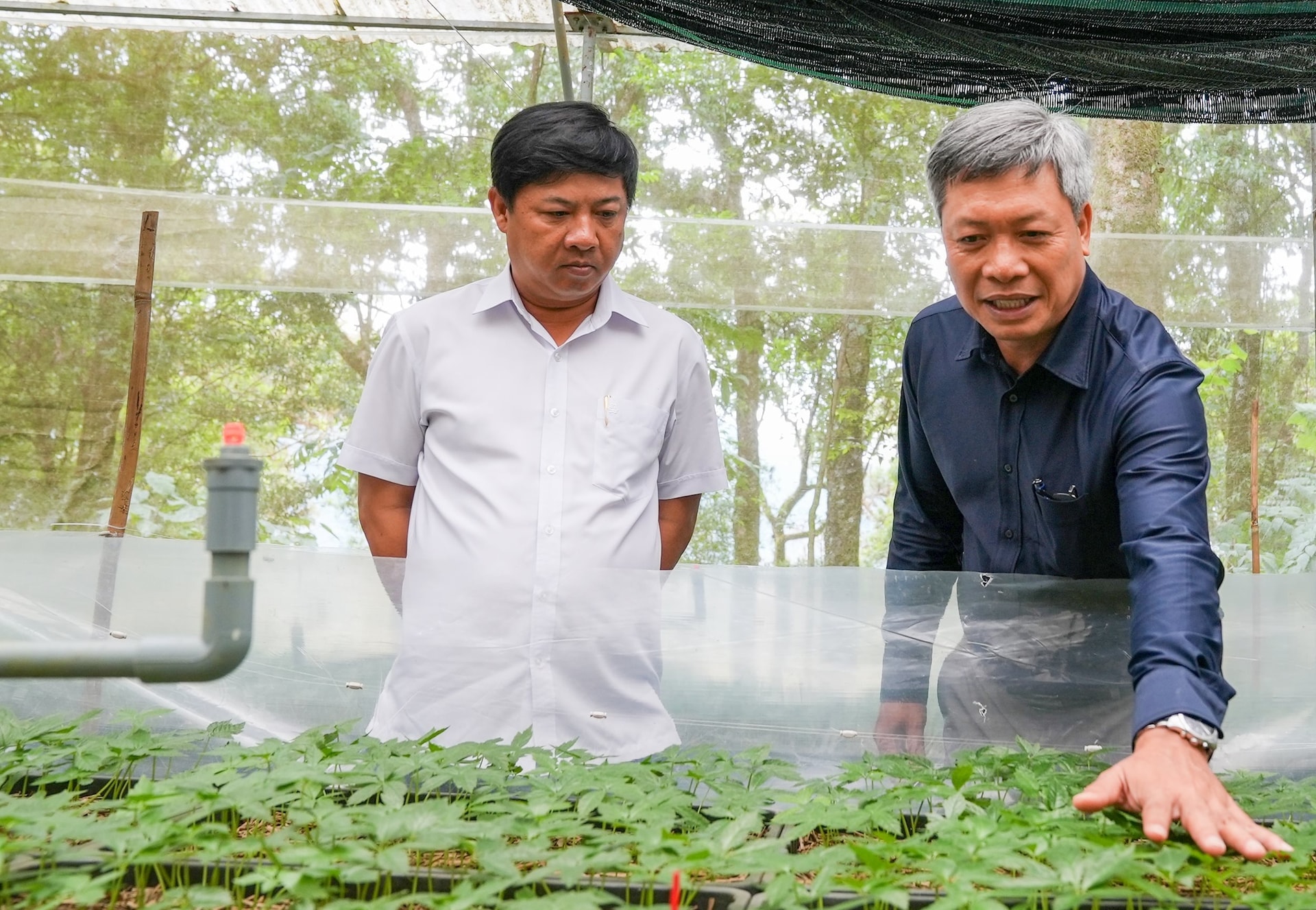
Medicinal plants in general and Ngoc Linh ginseng in particular grow well in high mountains under the canopy of primary forests. However, in the past, due to the lack of specific guidance, the model of growing ginseng under the canopy of the forest was almost "suspended" in terms of law. In particular, the leasing of forest environments for growing ginseng was not clearly regulated, causing confusion for both management agencies and growers.
“Now that Decree No. 183 has come into effect, this problem has been resolved. The government has the basis to approve and manage projects to grow medicinal herbs under the forest canopy, and people and businesses can rest assured because there is a legal framework to protect their rights.
With the new policy, the model of growing Ngoc Linh ginseng under the forest canopy in Da Nang has the conditions to expand its scale, ensuring legality and transparency in management. Many local businesses expect to soon have legal access to forest land to invest in large-scale ginseng gardens," said Mr. Ut.
In the long term, Decree No. 183 is considered an important boost for Da Nang to realize its strategy of developing the medicinal economic sector.
Mr. Ho Quang Buu, Vice Chairman of the People's Committee of Da Nang City, said that the core spirit of Decree 183 is to link economic development under the forest canopy with the protection of forest resources in a harmonious and sustainable manner. This paves the way for Da Nang to strive to become the medicinal center of the Central region in the coming years, contributing to the realization of the National Strategy on Bio-Economic Development to 2030.
“When forest resources are effectively managed and associated with green livelihood models, Vietnamese medicinal herbs, especially endemic species such as Ngoc Linh ginseng, will have the opportunity to reach the national level and gradually enter the international market. The Prime Minister has also approved the Project to develop a medicinal herb industry center in this area, with Ngoc Linh ginseng as the main product. Thus, with a clear legal corridor and the determination of the government and people, Ngoc Linh ginseng will have new momentum and become the pride of the people of Da Nang in particular and Vietnam in general on the map of precious medicinal herbs of the world,” Mr. Buu affirmed.
New points of Decree No. 183/2025/ND-CP
- Forest environment lease: Forest owners are allowed to lease; lessees must be selected publicly. Rental price from 5% of revenue/year, maximum term of 10 years, renewable.
- Local decentralization: Households and groups of households are allowed to grow their own crops; Commune People's Committees are allowed to approve plans and shorten procedures.
- Strict forest protection: No on-site processing; prohibit exploitation of natural forest trees under disguise; maintain the ecology and comply with conservation regulations.
- Growing medicinal herbs in forests: For the first time, legally allowing the growing and harvesting of medicinal herbs under the canopy of special-use, protective and production forests.
Source: https://baodanang.vn/coi-troi-cho-duoc-lieu-duoi-tan-rung-3264908.html


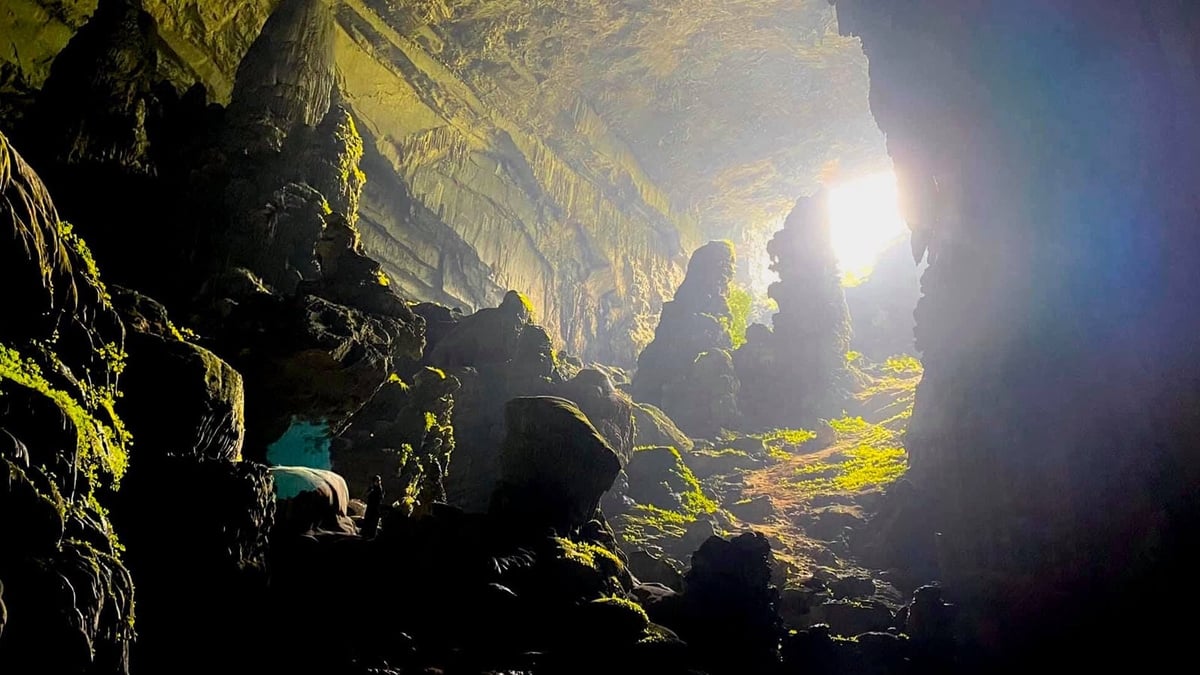




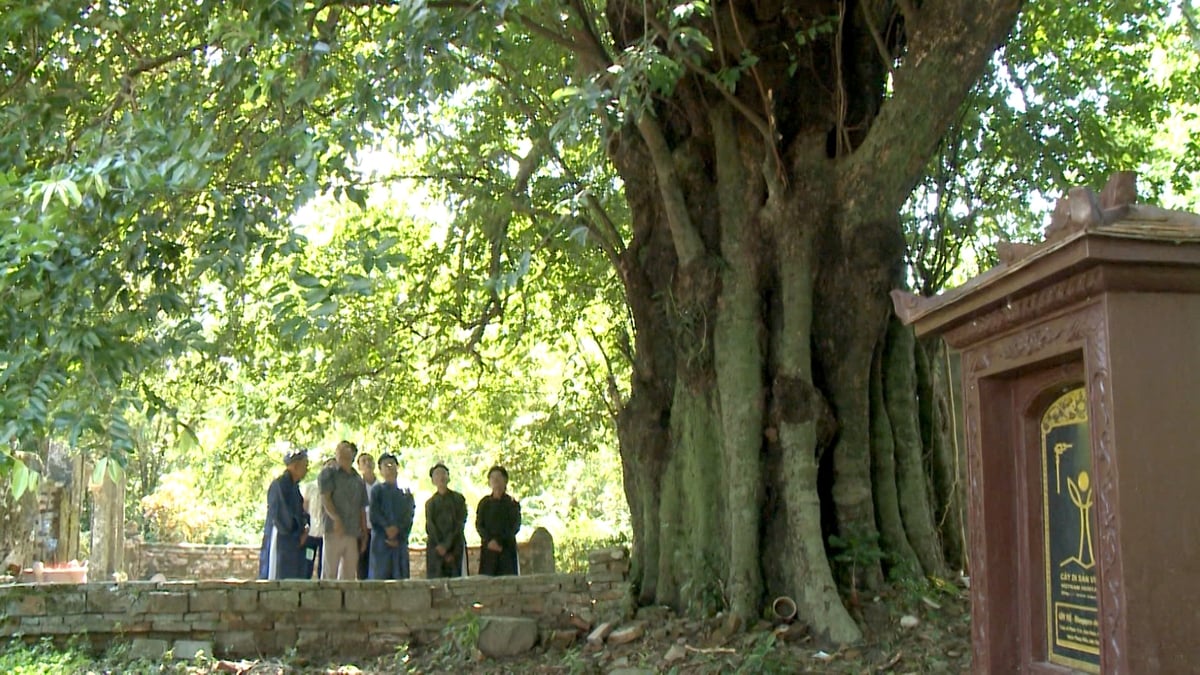
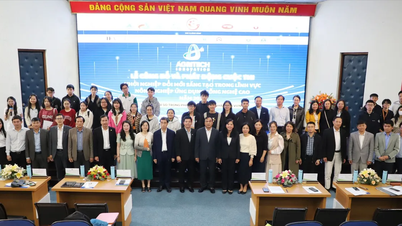

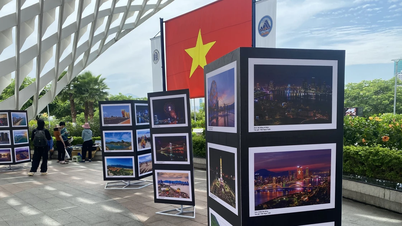


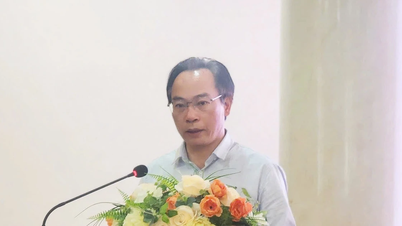

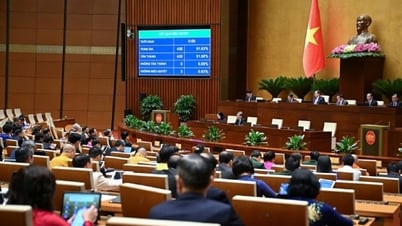



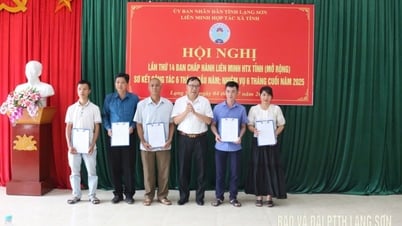



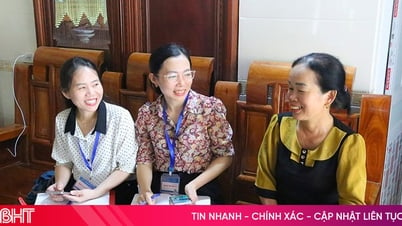

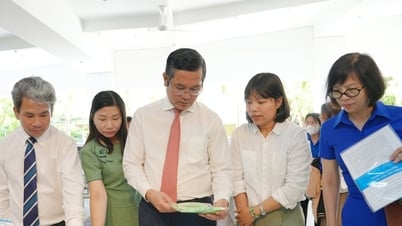

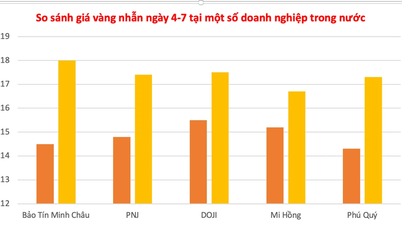







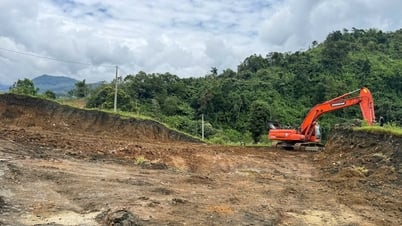

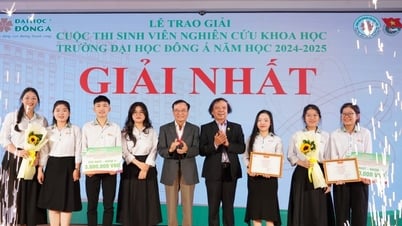
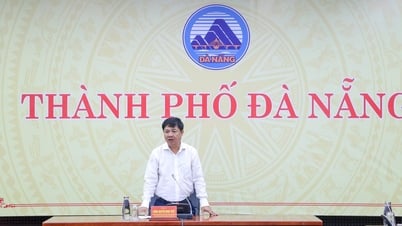
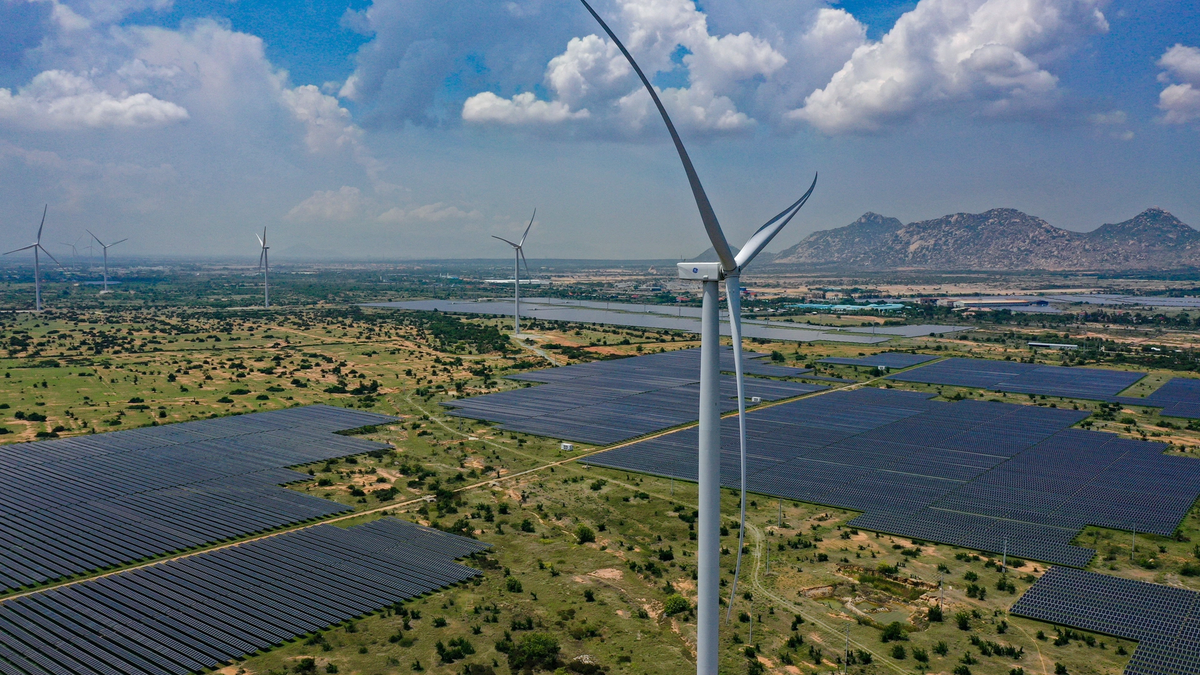
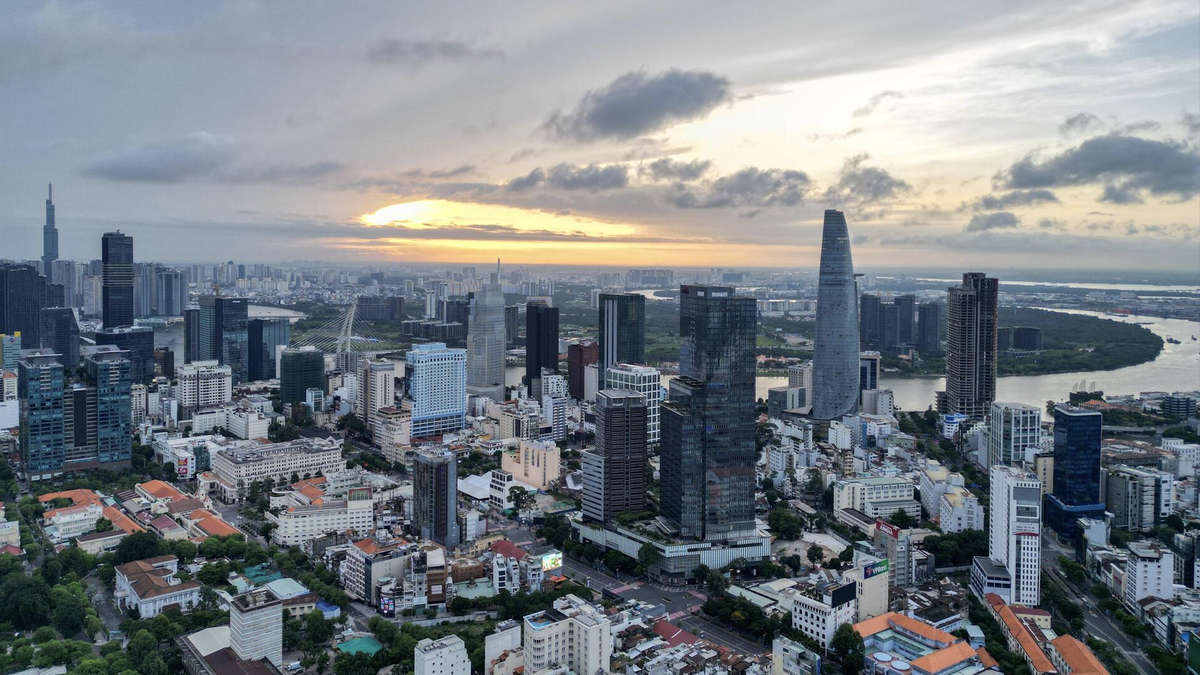
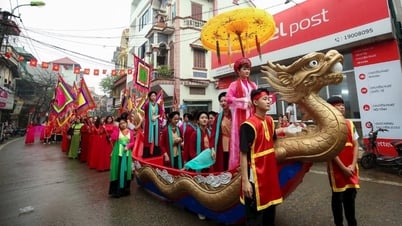

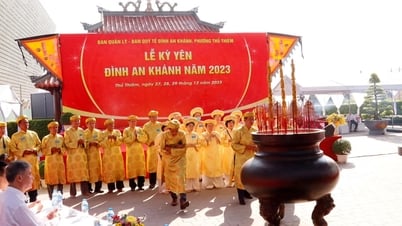

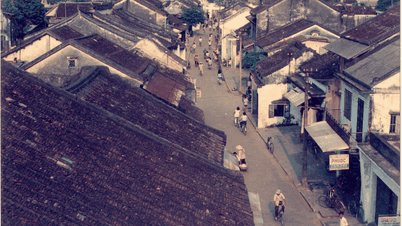
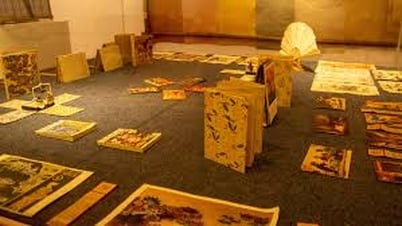

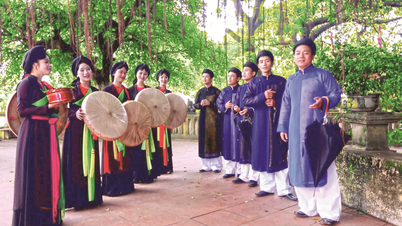



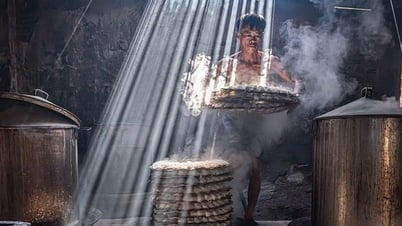



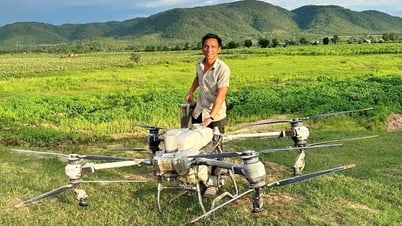

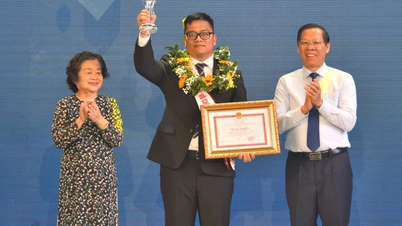






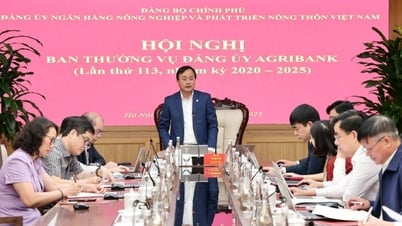
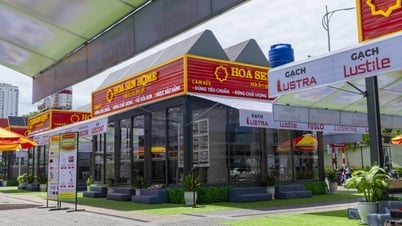


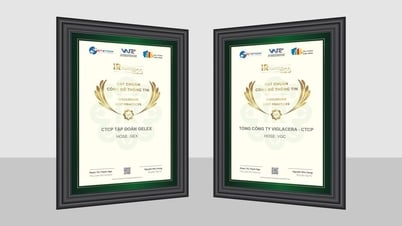
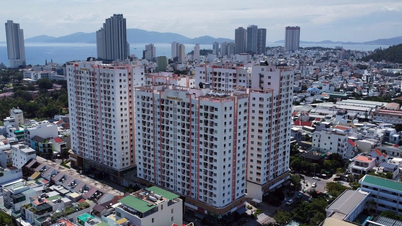
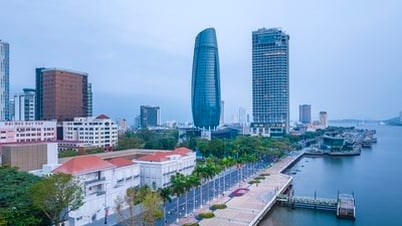

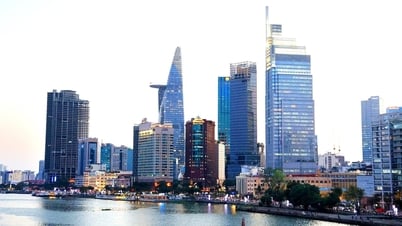




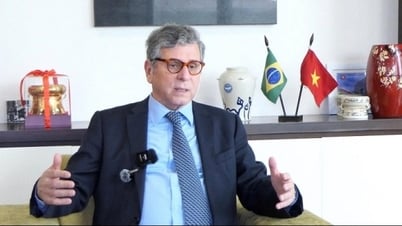

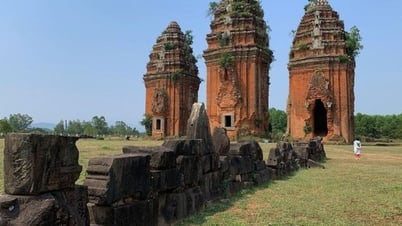

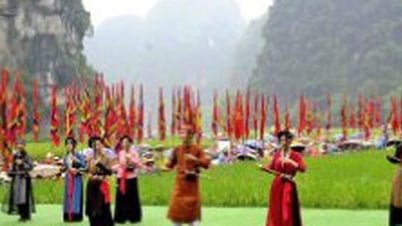
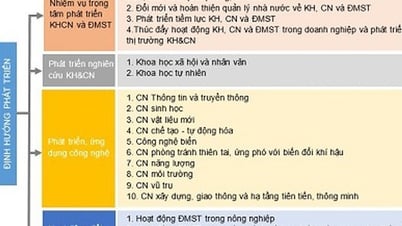




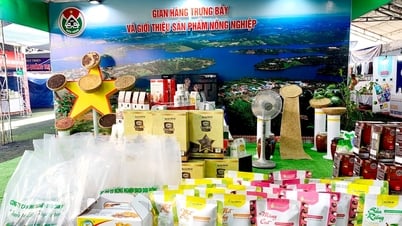

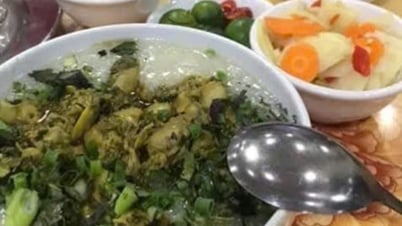

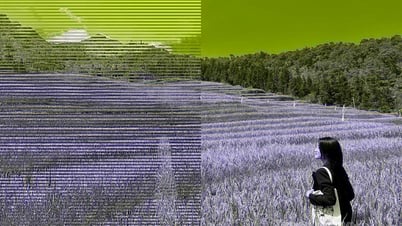


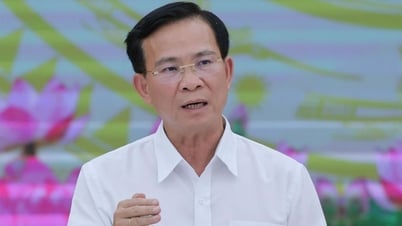

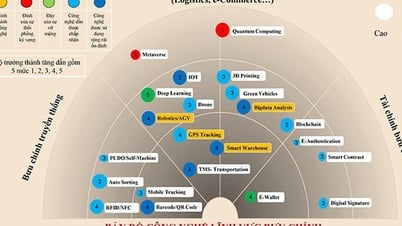
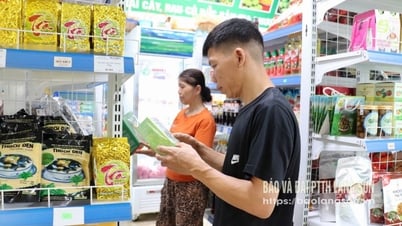



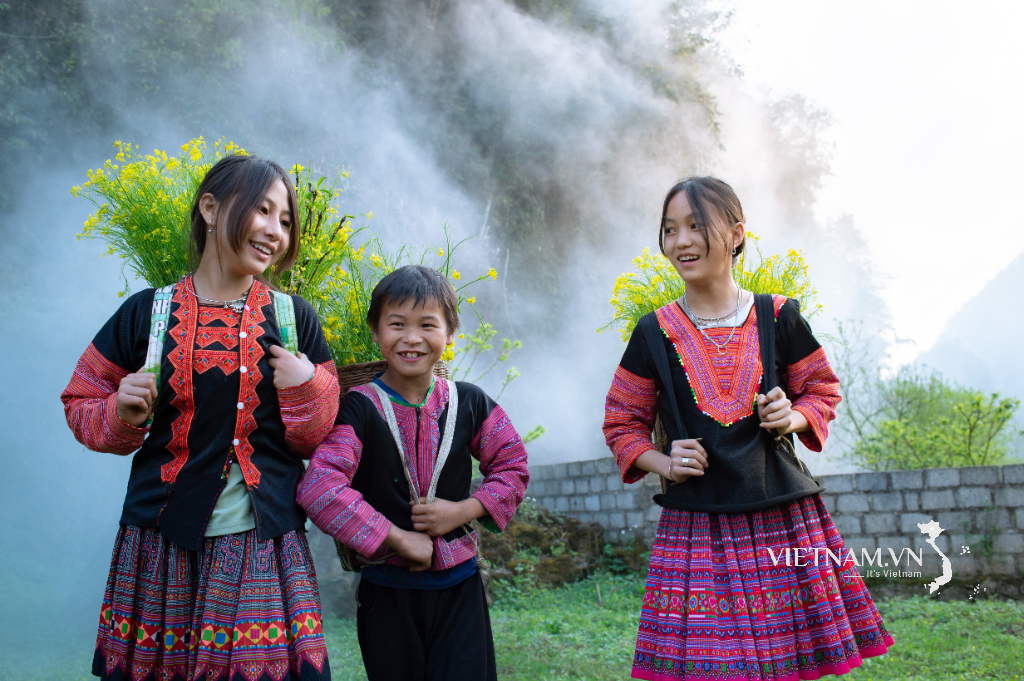
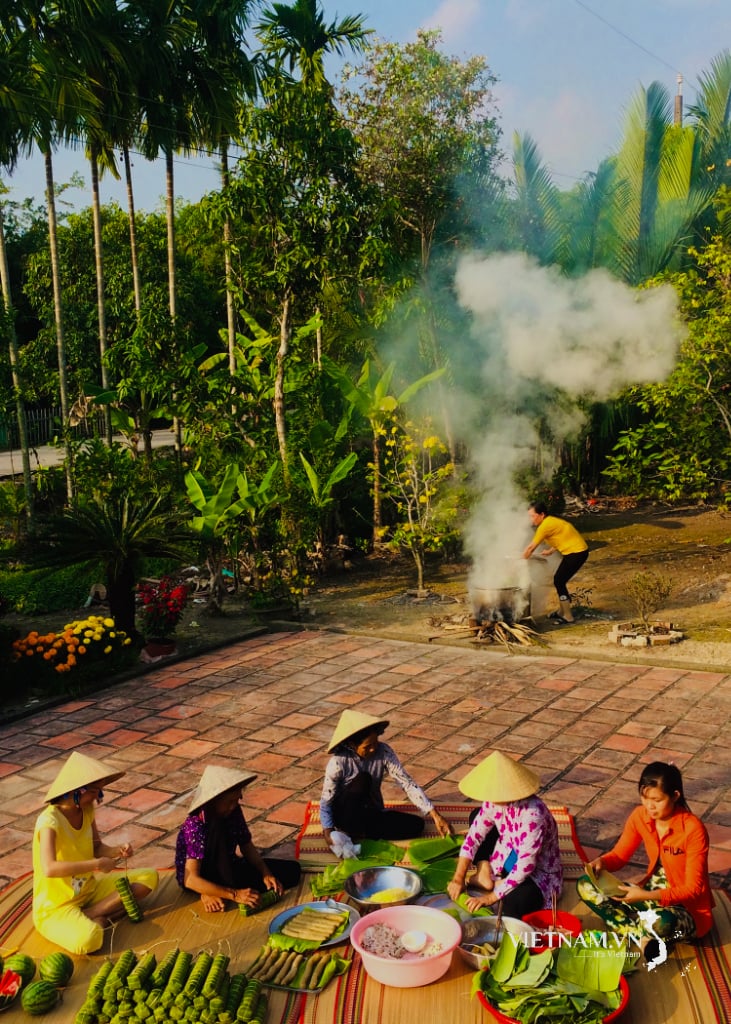


Comment (0)